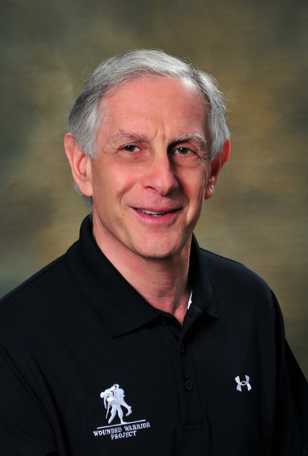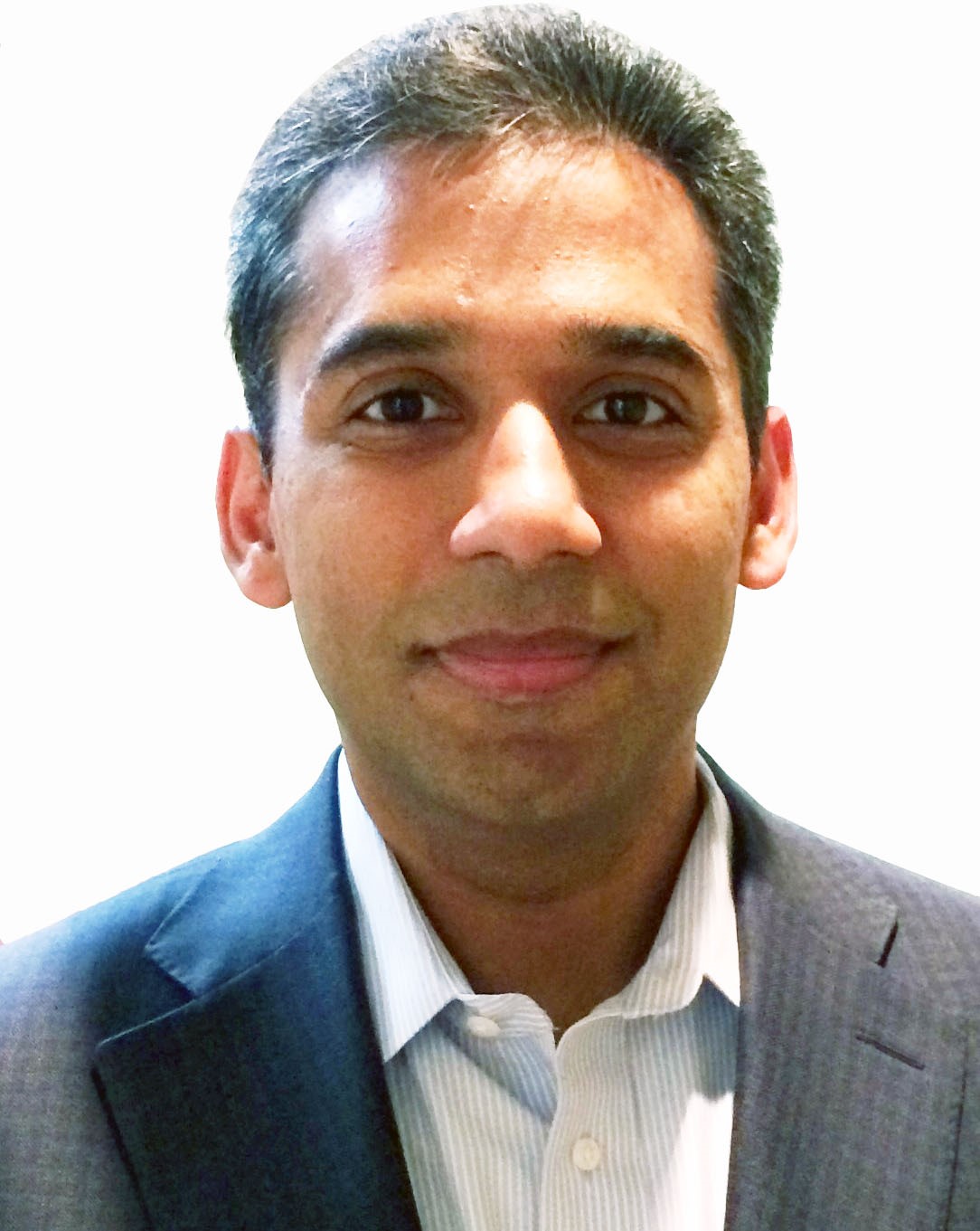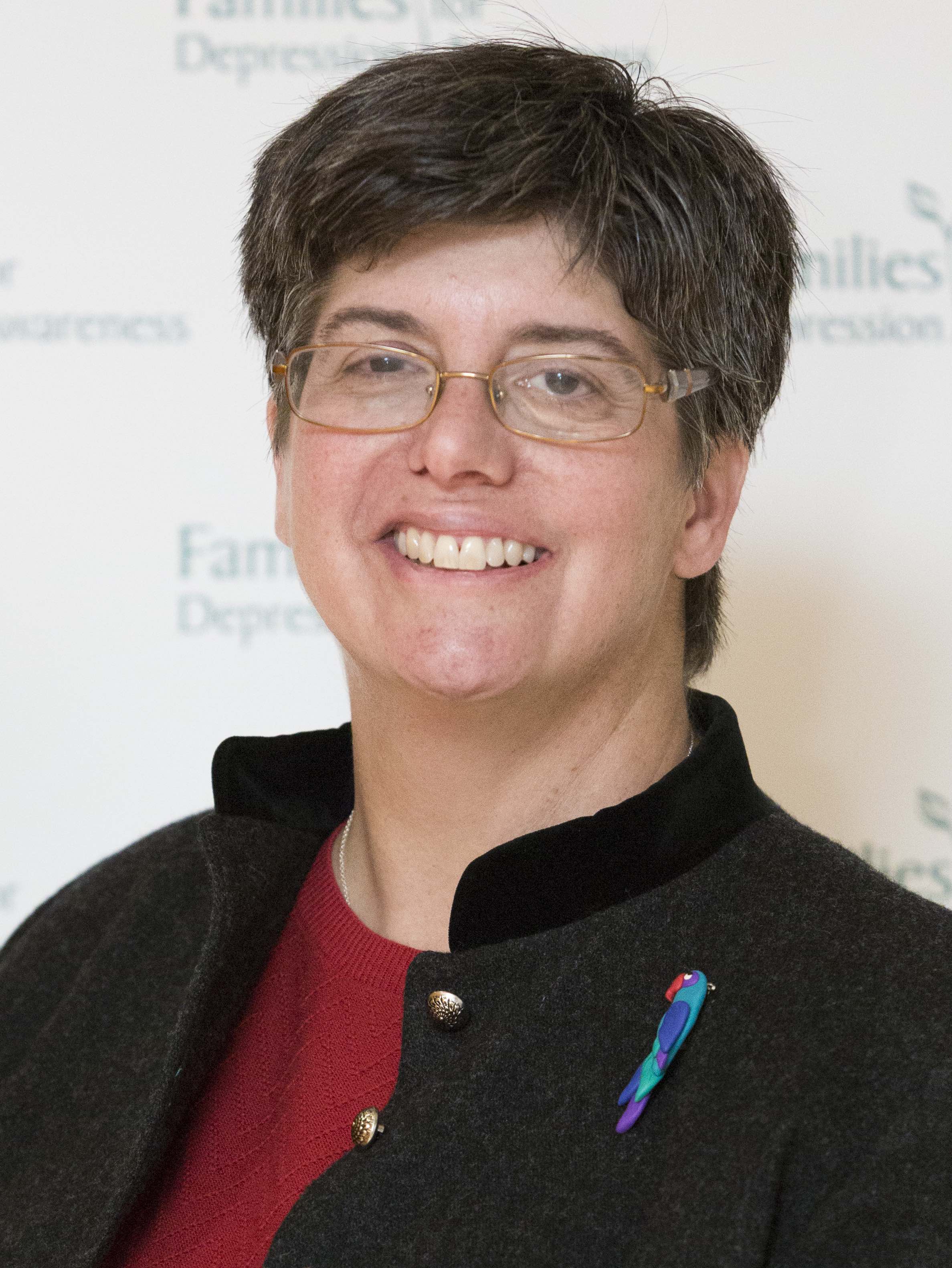 By Ralph Ibson, National Policy Director, Wounded Warrior Project
By Ralph Ibson, National Policy Director, Wounded Warrior Project
Care For Your Mind is honoring all veterans with a series of posts examining policy issues and advocacy projects around access to quality mental health care. In this first post, Ralph Ibson, National Policy Director, Wounded Warrior Project shares his views on the treatment options available to post 9/11 veterans through the VA health care system.
Efforts to provide a continuum of care to veterans
With high percentages of post-9/11 veterans now experiencing war-related mental health problems, the VA health care system faces a generational challenge. As Dr. Charles Hoge, a leading researcher in the field described it, “veterans remain reluctant to seek care, with half of those in need not utilizing mental health services. Among veterans who begin PTSD treatment with psychotherapy or medications, a high percentage drop out…with only 50% of veterans seeking care and a 40% recovery rate, current strategies will effectively reach no more than 20% of all veterans needing PTSD treatment.”
VA characterizes mental health care for veterans as one of its highest priorities. But, pressed on many fronts, VA leaders often seek to defuse problems with the assurance that the immediate issue is “a real priority.” VA has far-ranging “priorities,” and some wonder — when everything seems a “priority” – whether anything can be.
Operating a large, integrated national health care system, VA certainly offers an extensive array of robust mental health services to veterans of all eras, with programs that span a continuum from outpatient counseling to relatively long-term specialized inpatient care for PTSD. But few facilities provide that complete continuum.
VA’s mental health system has not escaped criticism in recent years, particularly as related to treating veterans with psychic wounds incurred in overseas’ deployments. Despite increases in VA mental health staffing over the past six years, many VA facilities have struggled to provide veterans timely access to mental health care. In some locations, VA mental health providers have described their hospitals and clinics as “overwhelmed,” and unable to provide veterans the level and frequency of care they need. To a degree, VA’s challenges are tied to its own marketing of mental health services and outreach efforts, urging veterans to “enroll for VA health care.” The Department can also be faulted for its long insistence that “we don’t need additional mental health staff.” For years, VA has also tolerated substantial variability in service-capacity from one VA medical center to another, and has failed to include patient-outcomes among its performance measures. And in some cases the drive to win performance-tied bonuses led administrators to game the system, masking failures to serve the patient appropriately.
Veterans supporting veterans as peer specialists
Sharply critical congressional hearings on VA mental health care led to the VA last year to acknowledge finally a need “to improve.” This acknowledgement led to decisions for new initiatives that resulted in the hiring of 1,660 additional mental health staff. Potentially as important, VA has been hiring veterans to work as peer-specialists in VA mental health programs.
Some besieged VA providers see the newly hired mental health professionals as a mere “drop in the bucket.” Despite increased pressure within VA to meet scheduling standards and providing evidence-based treatments, veterans and clinicians alike tell us that VA facilities are often unable to meet returning veterans where they are. As one combat veteran who volunteers as a peer-mentor described it, “these guys aren’t going to come in for mental health care unless things get really, really bad. And then they really need help! But the system isn’t set up to get them treatment when they need it.“ As an experienced VA mental health professional explained, “These veterans frequently come in in some kind of real crisis. They need to be seen and engaged quickly, not just added to a waiting list.” VA seeks to provide “veteran-centered mental health care;” for many post 9/11 veterans, it’s just not there yet.
Your Turn
- Have you or a loved one sought mental health care through the VA health care system?
- Is the VA adequately staffed to handle the mental health needs of returning veterans?
- Have you or a loved one had the opportunity to experience the Recovery-model treatment program working with a peer specialist through the VA?









Connect With Us